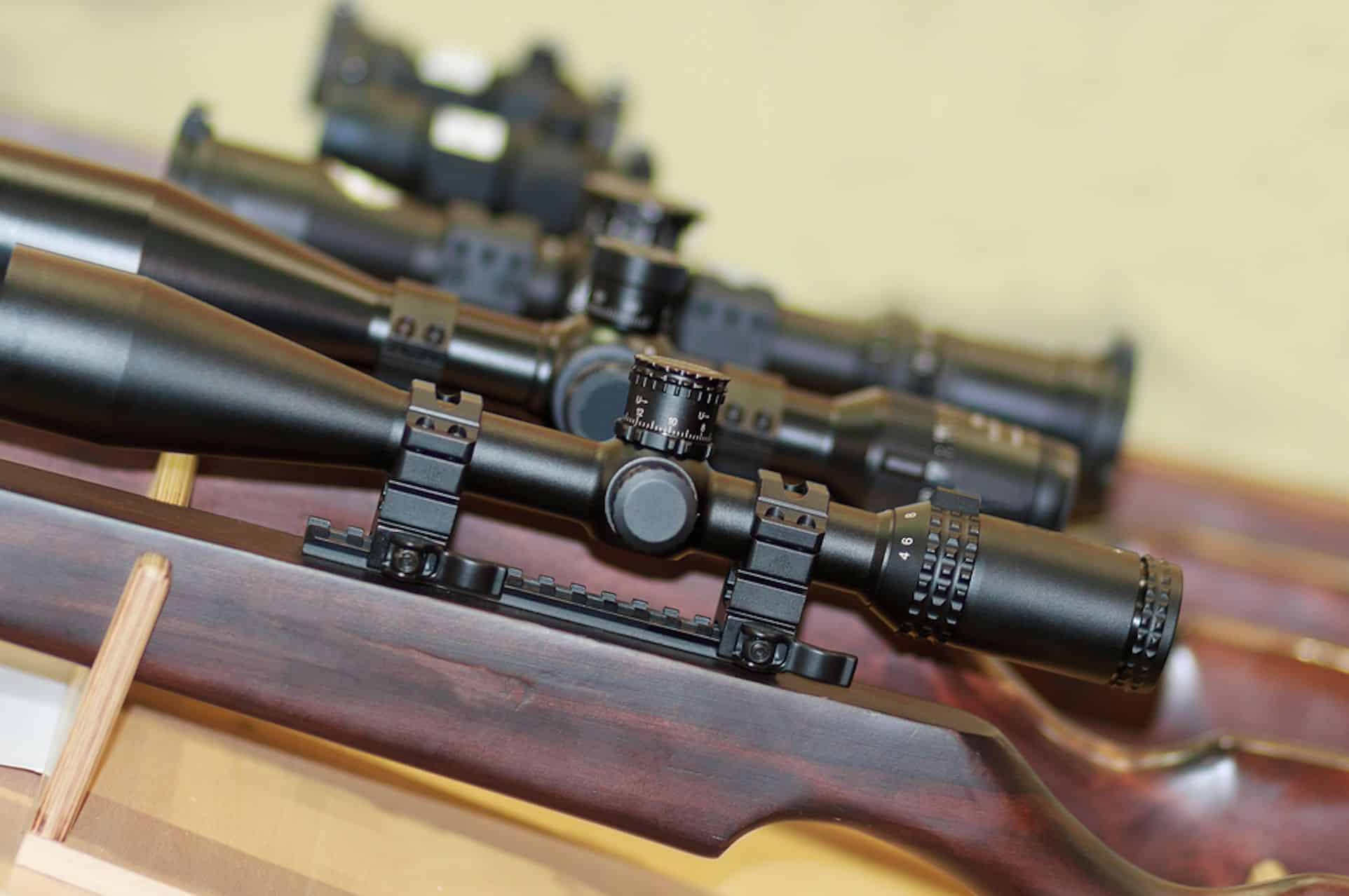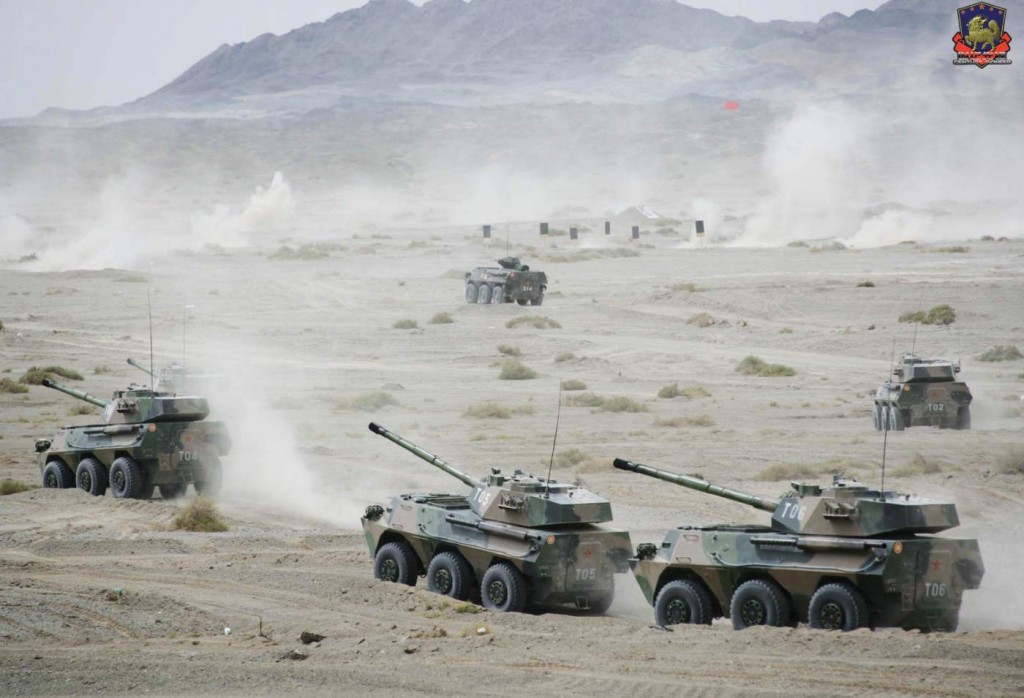Bulgaria’s booming arms trade continued to grow in 2017 with arms and ammunitions exports topping 1.2 billion euros ($1.4 billion), an official report showed Wednesday.
Conflicts in the Middle East have boosted Bulgaria’s arms sales in recent years to levels not seen since the fall of communism in 1989.
Arms exports in 2017 reached 1.219 billion euros, or 20 percent up from 2016, when Bulgaria sold abroad 1.0 billion euros’ worth of arms, according to data from the annual report of the country’s export control committee.
Saudi Arabia, India, the US and Iraq remained the main buyers of Bulgarian-made munitions and light weaponry.
Experts believe that many of the weapons sold to Saudi Arabia and the US have ended up in the hands of armed groups backed by those countries in Syria and Yemen.
Bulgaria’s economy ministry has however insisted it cannot be held accountable for re-exports of arms by other countries.
According to the Bulgarian Defence Industries’ Association, more than 30,000 people are employed in the arms industry in Bulgaria.
Under the Eastern Bloc defence treaty known as the Warsaw Pact, Bulgaria developed a powerful arms industry with some 115,000 workers.
At the industry’s height under communism it exported around 800 million dollars’ worth of weapons annually, both to other Soviet bloc nations and also to pro-communist groups in Africa and the Middle East.
The downfall of communism in 1989 plunged Bulgaria’s industry into disarray, reducing the workforce to a tenth of its original size before recovering in recent years.











